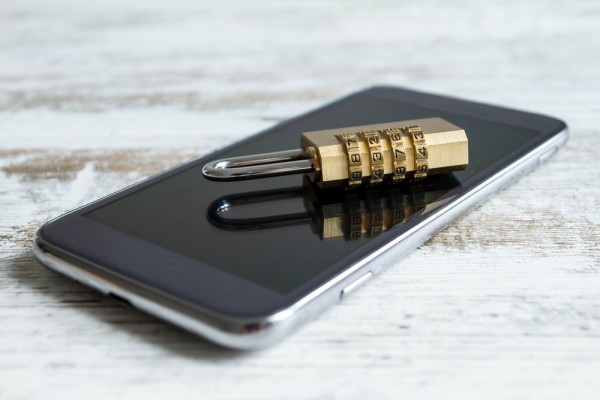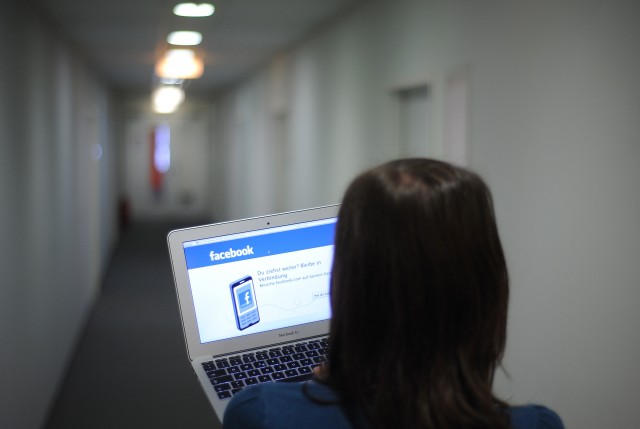News broke on Sunday that nude photos of female celebrities were posted on the photo sharing site 4Chan. Along with the news came many theories and discussions as to how the hacker managed to collect intimate photos and videos from a long list of celebrities. While figuring out how the hacker accessed these intimate files will hopefully patch vulnerabilities, there are general steps that everyone should take now to protect their personal data.
Don’t blame the cloud
One of the theories circulating on the Internet is that iCloud was hacked via a vulnerability in Apple’s “Find My iPhone†app. Kirsten Dunst, one of the celebrities whose private photos were hacked tweeted the following: “Thank you iCloudâ€. Should Kirsten and the other hack victims be blaming the cloud though? The iCloud hack theory is just a theory, the hackers could have gained access to celebrity accounts via phishing mails or gained passwords from celebrity insiders. The hackers could have gained access to celebrity email and password combinations through breaches like the recent eBay breach or Heartbleed, which affected nearly two-thirds of all websites, including Yahoo Mail, OKCupid and WeTransfer. If the celebrities whose photos have been exposed were affected by these breaches and used the same passwords on several accounts, including iCloud, it would have been easy for the hackers to steal their personal photos.
Even if the hacker got the data by hacking iCloud accounts, the cloud should not be blamed. The hacker, first and foremost, should be blamed. However, we all should know that there are bad guys out there and we need to protect ourselves and our personal data from them. The lack of cybersecurity awareness amongst these celebrities also deserves a portion of the blame.
Know where you are saving what
Back in 2011, when nude photos of Scarlett Johansson and Mila Kunis appeared, we learned that celebrities are not immune to hacks, in fact they were specifically targeted and will probably be targeted again. It seems that many celebrities did not learn the importance of cybersecurity from the 2011 hack. Every mobile user, celebrities included, should be learning a lesson from this awful and unfortunate event and be re-thinking where they are saving their intimate and personal data.
Many mobile users are unaware of the fact that their data is no longer only saved to their hardware. Many devices and apps come with automatic cloud back up features. Cloud based back up can be a very useful tool to prevent data loss, but if you want to delete intimate photos from your device you should also remember to delete it from the cloud.Â
How to protect your accounts
Whether the hackers gained access to the data via an iCloud vulnerability, phishing scams, or by using brute force programs there is one common denominator: passwords.
Mobile malware specialist, Filip Chytry recommends the following to protect your accounts:
- Use strong passwords – Strong passwords are critical when it comes to protecting online accounts. Strong passwords should be at least 8 characters long, contain a combination of letters, numbers, and symbols. Ideally, you should not be able to remember your own password the first time you try to log into your account with your new password. You should update all of your passwords every three months and after news of account breaches.
- Use different passwords for each of your accounts – It is not easy to remember different passwords for all your online accounts, but it is vital that each online account has a different and strong password. Passwords need to be thought of as keys, you wouldn’t want your house key to open your car – passwords and online accounts should be no different. Password managers like avast! EasyPass can help you secure your passwords and accounts.
- Enable two factor authentication – Many sites and services offer two factor authentication, meaning you are required to enter a pin number sent to your mobile device, in addition to your password, in order to gain access to your account. This helps verify that the person trying to log into the account is the actual account owner and in fact a real person (not just a program trying to hack accounts).
- Download anti-virus protection for your mobile device – Anti-virus protection, such as avast! Mobile Security, not only protects your mobile devices from malware, but can also protects you from phishing links. Phishing sites look like legitimate sites designed to trick you into giving up your log in credentials, which may be how the hackers who published the nude photos gained access to celebrity accounts.
If it can happen to them it can happen to you
We often put celebrities on pedestals, but at the end of the day they are normal people just like you and I. No one is immune to hacks per se, but being aware of where you store your sensitive data and using the proper tools to protect your data can prevent hackers from accessing it. We should all take this situation as an opportunity to learn how to protect our very personal information.
Thank you for using avast! Antivirus and recommending us to your friends and family. For all the latest news, fun and contest information, please follow us on Facebook, Twitter, Google+ andInstagram. Business owners – check out our business products.





